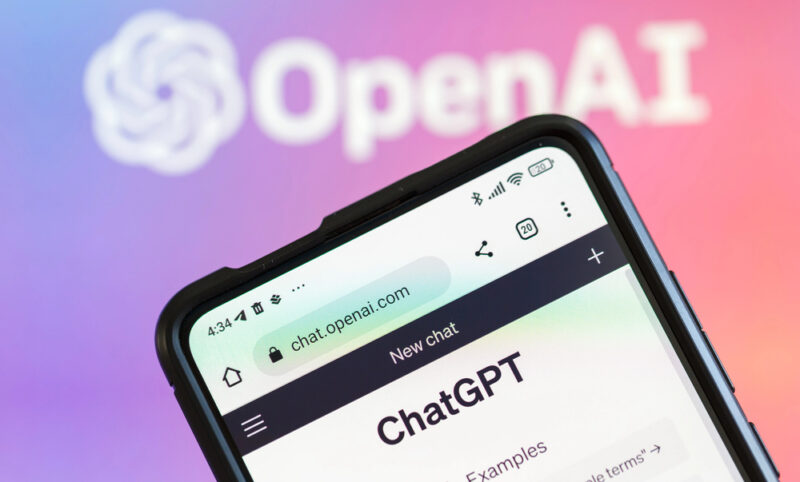OpenAI Rolls Out ‘Shopping Features’ for ChatGPT, Causing Immediate Backlash
On April 28, 2025, OpenAI announced that it had added "shopping features" to its flagship GPT-4o and 4o-mini large language models, which will recommend products to its users.

In a post on OpenAI’s website on Monday, OpenAI announced a new range of “shopping features” that enables ChatGPT to recommend products and services, including reviews and direct purchase links.
In its post, the company states that these recommendations are not ads, and the company does not receive any sort of commission for its recommendations: “Products are selected by ChatGPT independently and are not ads.”
However, users were quick to criticize the move, noting that they were being recommended products that had little to nothing to do with the original prompt.
One particular reddit thread, titled “the enshittification has begun” (referencing the term coined in Cory Doctorow’s 2022 essay on Amazon) laid out how the chatbot recommended a long list of toiletries to purchase as a response to a prompt asking about the impact of the impending U.S. tariffs.
When asked why it gave this response, ChatGPT said:
“As of April 28, 2025, OpenAI introduced new shopping features to ChatGPT, enhancing its capabilities to provide product recommendations complete with images, reviews, and direct purchase links. These features are available to all users, including those on Free, Plus, and Pro tiers, and even to users not logged in. The recommendations are generated organically, without paid advertisements or commission-based incentives, relying instead on structured metadata from third-party sources such as pricing, product descriptions, and reviews.”
Although ChatGPT echoes the official announcement by OpenAI that these recommendations come with no financial incentive for the company, many users find it hard to believe that this will last, with the top comment on the thread responding to the claim, saying: “I give it less than six months before that changes.”
This move by OpenAI is likely part of an ongoing effort by the company to displace Alphabet’s (the parent company of Google) monopoly on online search. Over the years, Google has given more and more room to sponsored content, to the point where some queries return so many ads and sponsored content that many users don’t even see the non-sponsored results.
OpenAI has struggled with costs ever since launching ChatGPT. Back in 2023, the company announced that it cost them around $700,000 per day to run the service, and the company was estimated to be a staggering $5 billion in the red in 2024. In 2023, each query was estimated to cost the company around $0.36. Fast forward two years and queries on the most advanced model can cost the company as much as $1,000.
It’s no wonder then, that users are suspicious of the company’s intentions when it comes to paid advertising and product placement. Even if we take them at their word that these recommendations are currently not being compensated, some people have pointed out that this initial run is potentially a way to gather data and metrics for a future pitch to advertisers.
Whether or not this speculation will come to pass is still an open question, one that likely no one but the top leadership at OpenAI can currently answer. We’ll continue monitoring the story as it progresses, so stay tuned for any future updates.

